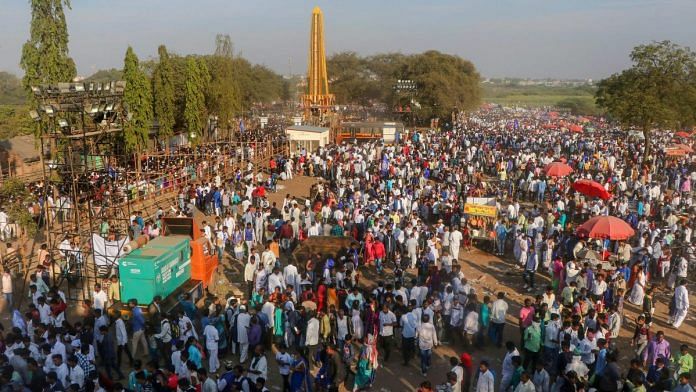JANUARY 2019 changed into expected to provide a few respites to the primary set of arrestees within the Bhima Koregaon case relating to the caste violence in Bhima Koregaon village on January 1, 2018. The prosecution’s demand for the extension of time to file a rate sheet in opposition to the first set of arrestees was observed to be illegal, perverse, and contrary to the regulation of the land. While a maximum of the population had fallen for a media trial, a single bench of the Bombay High Court mustered the braveness to name a spade a spade.
However, it quickly turned into being overruled with the aid of the Apex Court, crushing all hopes and sending a wave of surprise throughout the felony fraternity. The judgment of the Bombay High Court was assailed earlier than the Supreme Court with the aid of the national authorities, and fairly, a bench led by the Chief Justice of India (CJI) Ranjan Gogoi stated it without imparting any motives and adjourned the problem for final listening to.
The judgment of the Bombay bench successfully intended that the primary set of arrestees could have been entitled to statutory bail. Initially, the matter was heard via a bench comprising CJIGogoi, Justice Sanjay Kishan Kaul, and the newly improved Justice K M Joseph. While Justice Joseph changed the bar, he was clean at some stage in all four hearings that the impugned judgment became sound and turned into the State that had not abided by the regulation. However, he was later replaced by Justice Nageswara Rao.

During one such listening, Justice KM Joseph invited the eye of the recommendations for the State to an announcement made in the so-called report/utility, which turned into authored using the general public prosecutor. According to the assertion, a request for an extension had to be granted on an application via the investigating officer. “If that is the know-how of the law of your public prosecutor, then where comes the query of the general public prosecutor having carried out his thoughts? Which is one of the vital maximum conditions below the relevant provision?” Justice Joseph asked.
While the task was being heard, the State invoked another ghost case against Advocate Surendra Gadling. This time, they accused him of being the mastermind of the Surjagad arson case. It became apparent that the State did not have any good chance for benefit and feared the release of Gadling become imminent. Therefore, they imposed this case on him to ensure he was stored behind bars. This “evergreening” tactic turned into recognition with the aid of the Supreme Court at some stage in its hearing, and it called for the filing of applicable papers on statistics of the courtroom.
A day before the problem came to be heard inside the Supreme Court, on November 15, 2018, a 5000-page incomplete charge sheet came to be filed inside the trial court. During the hearing within the Supreme Court, the State insisted that it be given time to record a rejoinder to the response filed by the activists. Consequently, The be counted was adjourned to December 3, 2018. That day, the State asked the court docket to peruse the costs against the activists. Although, as per the settled function of law, the courtroom isn’t always alleged to examine the fee sheet, it approved the State to file it and its gist by December eight, 2018. The count needed to be adjourned sooner or later until January 10, 2019, to permit the defense counsels to train themselves over the details of the price sheet.





